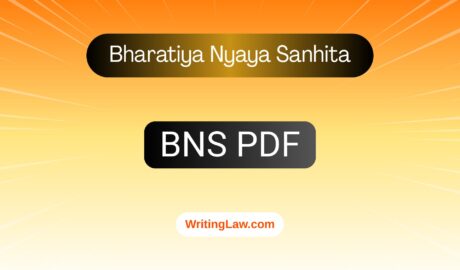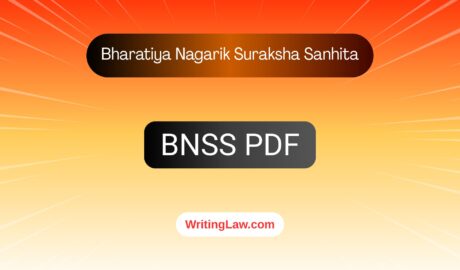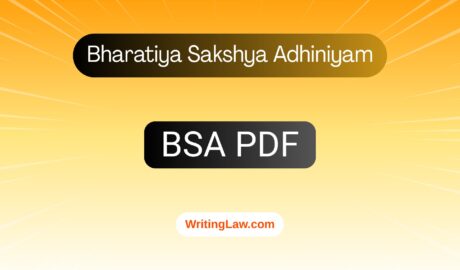
1. The rules related to relevancy are given under section 5 to 55 of the Indian Evidence Act, 1872.
The rules related to admissibility are covered in the latter part of the Evidence Act, that is after section 56.
2. Relevancy admires what seems to be logical and probable.
Whereas admissibility strictly follows the rules of law. Anything can’t be admitted merely because it appears to be logical.
3. The rules mentioned in section 5 to 55 declare what is relevant and what not. For example, Section 6 of the Evidence Act says that facts which are not in issue but are so well connected with the facts in issue and form part of the same transaction are considered to be relevant facts.
The admissibility declares that which relevant evidence (documents, statements, either oral, written, or electronic) are admissible in the court of law. For example, Section 56 of the Evidence Act says that the facts of which the court has taken judicial knowledge or notice need not be proved.
4. The facts which are relevant may or may not be admissible in court. It is not necessary that if a fact is relevant, it will be admitted by the court.
Whereas the facts which are admissible in the court of law are undoubtedly relevant. For a fact to be admitted, it needs to be logically and legally relevant.
5. Relevancy is a sub specie of admissibility. Whereas admissibility is the genre.

How was this law article?
- 18 Most Important Amendments to the Indian Constitution - 12th August 2023
- 8 Kinds and Theories of Punishment - 22nd July 2023
- What Is the Meaning of Res Judicata in Civil Procedure Code? - 22nd January 2023










Very informative and detailed points easily understandable.
Great to hear your thoughts.
Comprehension at its best
Thank you. Glad you liked it.